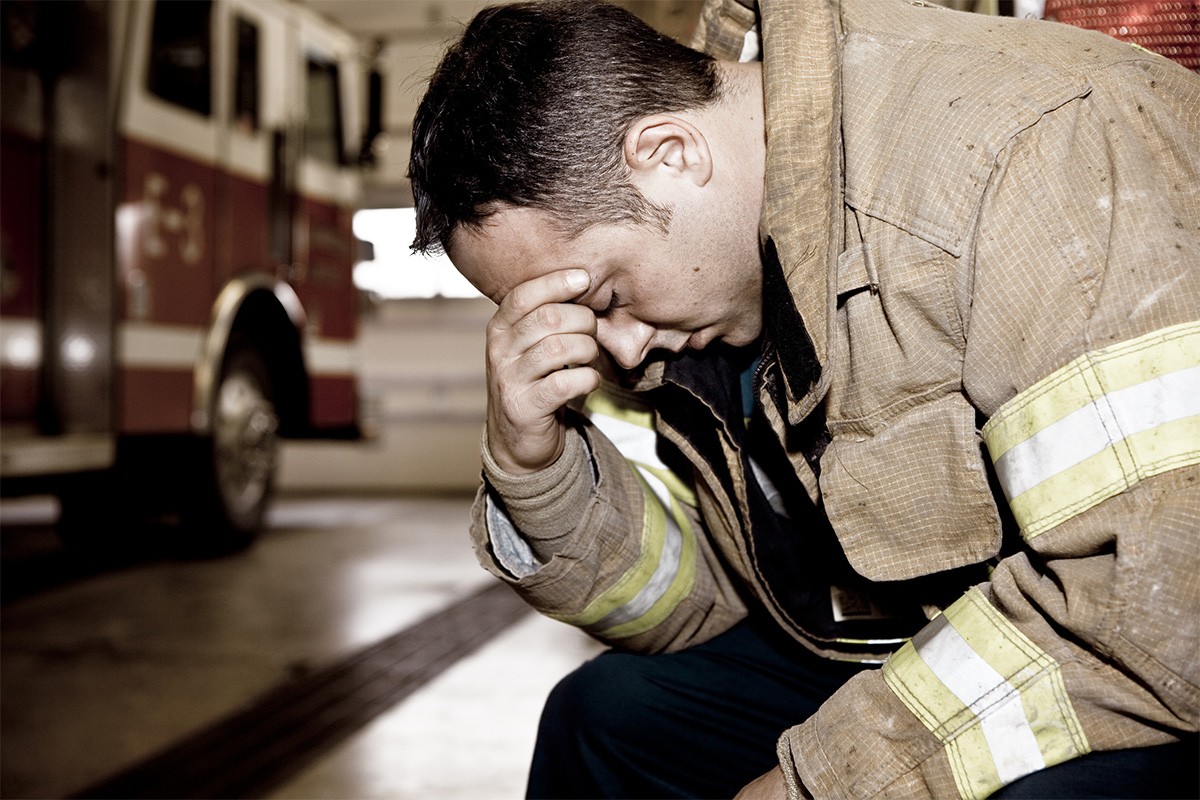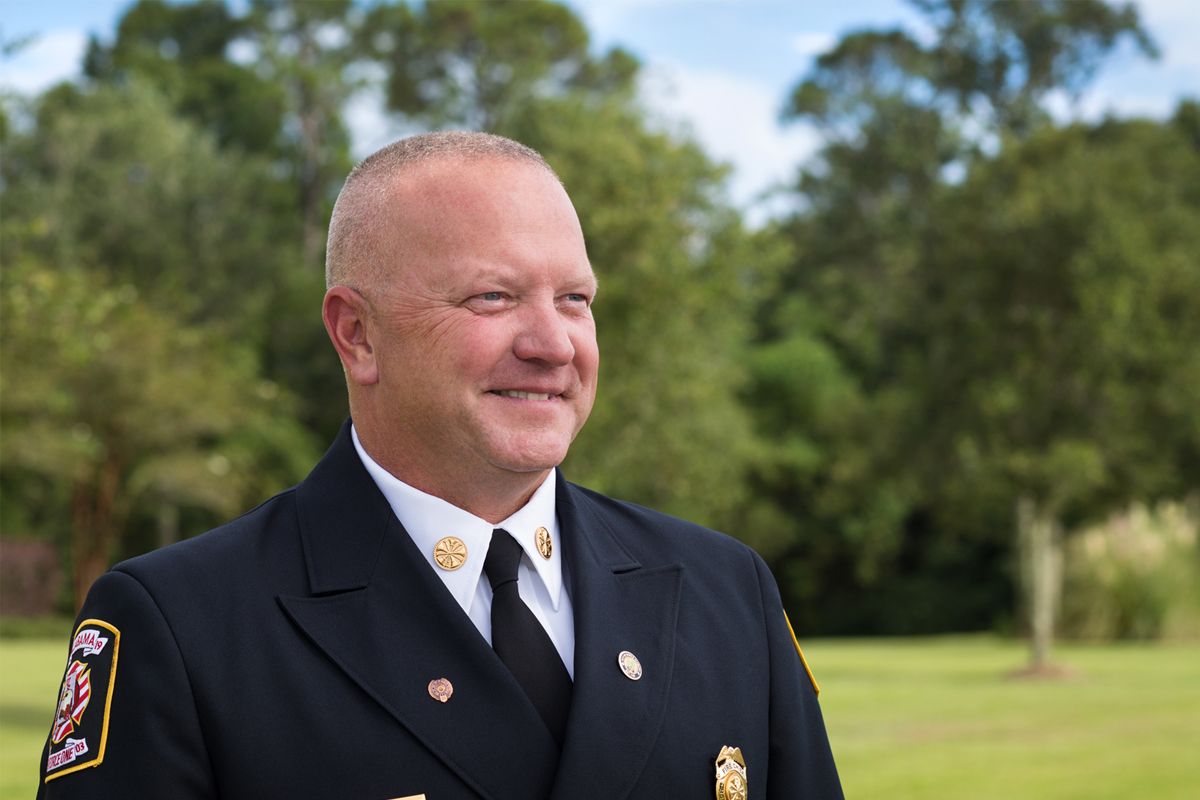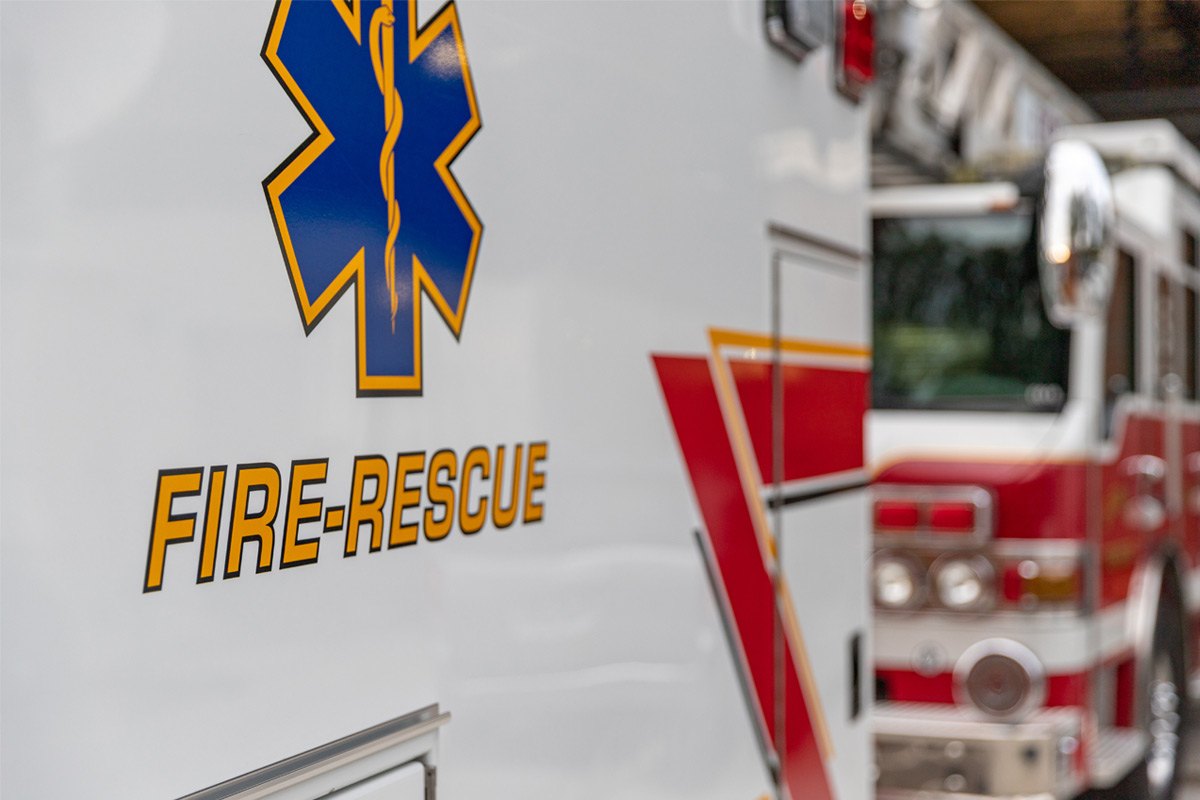If you or someone you know is in immediate danger due to a mental health crisis, call 911 or go to the nearest emergency room. The following resources are also available for crisis situations:
- National Suicide Prevention Lifeline: Dial 800-273-TALK (8255)
- Crisis Text Line: Text “HOME” to 741741
- Veterans Crisis Line: Dial 800-273-TALK (8255) and press 1 or text to 838255
Like most emergency responders, firefighters are expected to be calm, level-headed and able to face even the most challenging situations with courage. They have long been expected to contain their emotions and approach their jobs with logic and reason, with the understanding that only those who have the ability to successfully manage the stress and emotional aspects of the job are cut out for success.
As a result, many firefighters have suppressed their feelings, with devastating consequences to their mental health. Research indicates that a large number have experienced mental health issues such as PTSD, anxiety, depression and suicidal thoughts. For example, one study of 7,000 firefighters found that 65% of the respondents struggle with memories of difficult calls, while 59% have had family or relationship problems as a result of their jobs. Substance abuse issues were experienced by 27%, while 19% have had thoughts of suicide.
In this article, we explore why mental health is critical for firefighters and what resources are available to help departments raise awareness within their teams.
Understanding the First Responder Mindset
Dr. Robin Grant-Hall, a clinical psychologist who worked with police officers after the Sandy Hook shootings, believes that firefighters and other emergency responders do have differences in their brains that allow them to respond to emergencies and be more resilient. The same brain characteristics that allow individuals to remain calm and level-headed during an emergency improve resiliency, allowing first responders to repeatedly respond to situations that would lead to serious trauma in others.
Despite this resiliency, it’s natural for the human brain to become overwhelmed by repeated exposure to trauma and stress. Even well-adjusted firefighters are at risk to eventually succumb to a mental health issue related to their job.
This understanding of how the brain works is a key aspect of changing the fire service culture. Simply put, the fact that no one is immune to the emotional and mental health effects of regularly dealing with emergencies and their fallout should serve as motivation to provide better support and education services.
Raising Awareness of Mental Health in the Fire Service
Leaders in the fire service note that some firefighters believe that they are expected to “tough it out,” ignoring problems because asking for help may indicate weakness or put their jobs in jeopardy. Some also believe that they aren’t vulnerable to mental health issues; after all, they have training and have already dealt with so many challenging situations.
Because of this culture, departments like Houston Fire are hiring full-time psychologists to support their firefighters. These mental health professionals help firefighters manage their stress after especially difficult calls, and they meet them at their homes, at hospitals and fire stations, or even on scene.
Organizations like the Firefighter Behavioral Health Alliance are also working closely with fire departments to raise awareness and improve the understanding of mental health in the fire service. These programs aim to remove stigmas surrounding mental health and give firefighters the tools they need to identify issues in themselves and in their colleagues and respond appropriately.
Another organization, the Code Green Campaign, has a similar aim, working to raise awareness of mental health issues and providing educational materials, courses and resources that give firefighters skills and tools to care for themselves and others.
Finally, the National Volunteer Fire Council’s Share the Load Program provides additional resources and materials, including the video below about behavioral health warning signs.
Conclusion
Changing the fire house environment and establishing one that is supportive and understanding, where everyone is aware of the warning signs within themselves and each other, will go a long way toward removing the stigma of mental health issues and reducing the number of firefighters lost to suicide, the rates of substance abuse, and other mental health problems.
It’s an ongoing process, one that requires changing long-standing beliefs, but the tide is shifting and the trend toward healthier firefighters is likely to gain momentum in the coming years.
To learn more about preparing for all aspects of working in the fire service, including education, visit ColumbiaSouthern.edu/Fire.
Related:
Agencies Working to Improve Mental Health Services for First Responders






